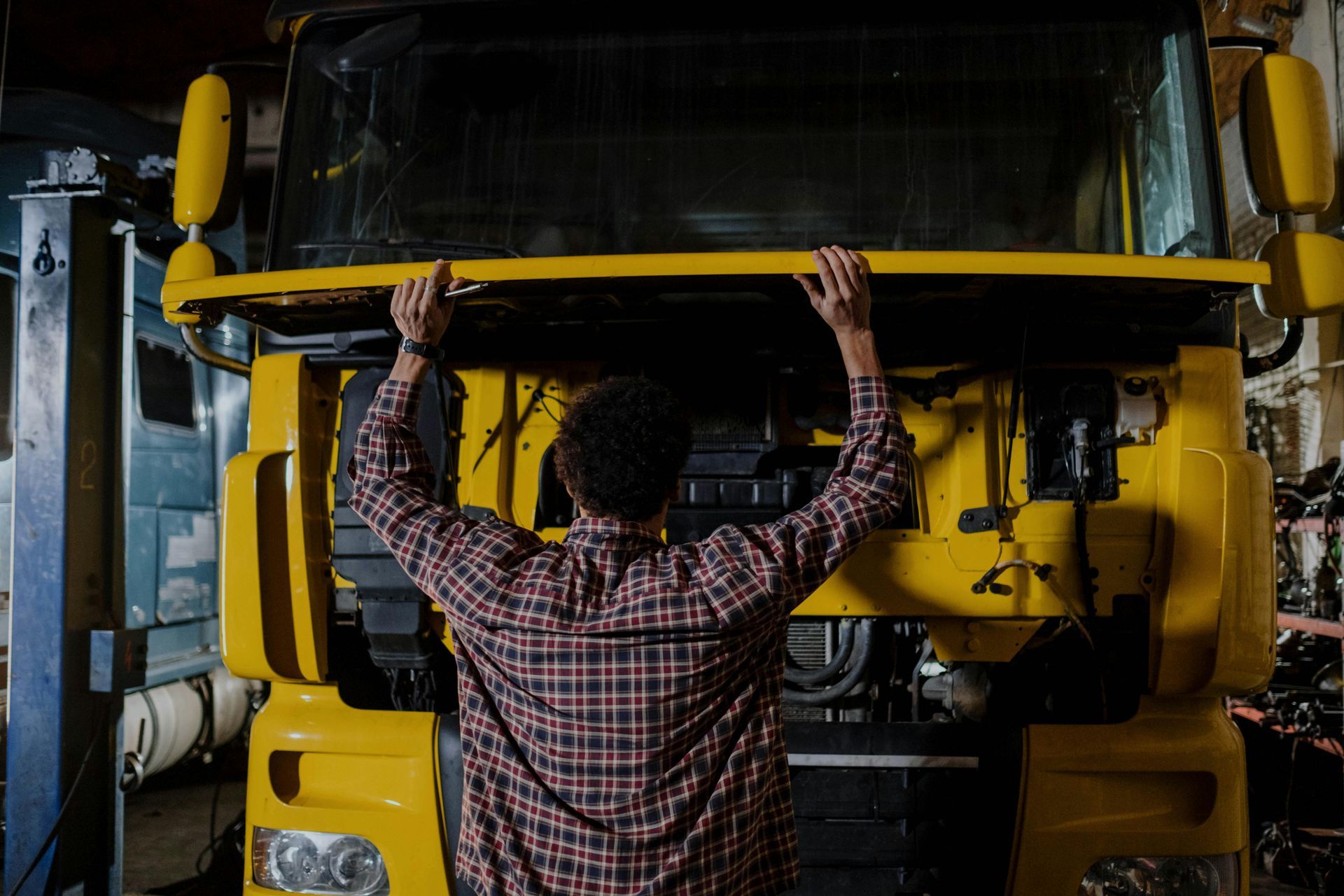Gas vs. Diesel: What’s the Difference?
Differences in Gas and Diesel Engines
Throughout the history of the automobile, there have been two main types of engines; Gas and Diesel. At their core, they both use internal combustion to produce power. Fuel mixes with air, it compresses and ignites, causing the pistons and crankshaft to rotate. This transfers that energy to the driveshaft, propelling you forward. Where these two diverge, however, is how that ignition is created. Our team at Locke Auto & Diesel Repair in Nappanee, IN know the complexity of working on both diesel and gasoline engines. We have a group of ASE-certified technicians with many years of experience. Below, we would like to share with you the main differences between the two, how they maintained, and how their repairs differ.
Main Differences
The biggest difference between the two involves the engine’s intake and ignition. With gasoline, the fuel and air are mixed together in the cylinders before combustion. Diesels however, only mixed the air in the cylinders, with fuel being injected later on in the process. Since the air is only compressed in a Diesel engine, it can run a much higher compression than a gas engine. Fuel running at high compression may self-ignite and damage the image. Lastly, there is the ignition itself. With gasoline engines, a spark plug ignites the fuel/air mixture in the cylinders, thus power is created. Diesels produce power injecting fuel into the cylinder where the air is compressed and super-heated.
Differences in Maintenance
On the whole, a gasoline will cost less to maintain, while a diesel is far more durable. To put it in plain terms, diesels are built tougher due to higher compression ratios. This means they’ll last for several hundred thousand miles with proper maintenance. Diesels also tend to do a heavier workload with trucks and trailers, and are high in demand. This is predominantly why they cost more. Gasoline engines usually don’t have to work as hard. Plus the fact that modern diesels engines require diesel emission fluid, or AdBlue, to help diesel vehicles pass emissions.
Repair Differences
While diesel engines may be simpler by design, their repair can be far more complex, with more oil required for an oil change. In addition, diesels have more filters to keep out contaminants. Conversely, gasoline engines require replacement of both distributors and spark plugs. This is something that diesel engines don’t require. Gasoline also produces more power at a higher RPM, and is susceptible to failing gaskets and pistons if not maintained.
The choice between the two engines is dependent on what you need in a vehicle. The main difference being how they deploy their power. Diesels have better low-end torque and fuel economy, which is good for towing and long-hauls. Gas engines offer better performance while also offering cheaper fuel. The final decision of course is up to you. Please give us a call at (574) 444-0783 if you have any questions about diesel and/or engine repair. We’re located at 28699 Co Rd 50, Nappanee, IN 46550 . Our staff can’t wait to treat your vehicle to a top-flight engine repair service!!!!






